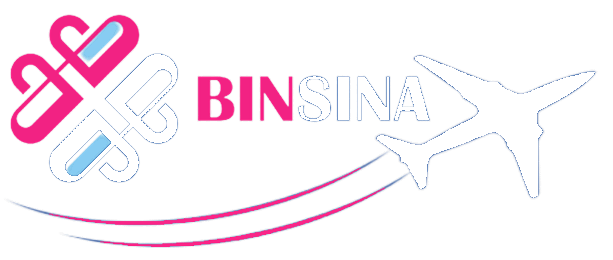6 December 2021, Tehran – On the 33rd anniversary of World AIDS Day, WHO, the Ministry of Health and Medical Education, the Iranian Centre for Disease Control and people across Islamic Republic of Iran came together in a virtual event to call for equitable access to HIV services, discuss progress in the local and global AIDS response and the serious threat HIV remained to global health, show support for people living with HIV/AIDS and memorialize lives lost to the viral disease. The event on 30 November was hosted by the Director of the Centre for Disease Control Dr Mohammad Mehdi Gouya and was attended by health care staff and professionals from WHO, the Ministry and universities of medical sciences.
“While global efforts over the past 40 years have yielded remarkable achievements and impressive milestones, we must admit that HIV still poses serious challenges to the public and global health system,” said Minister of Health and Medical Education Dr Bahram Eynollahi in his opening message. “Controlling the HIV/AIDS pandemic is contingent upon multisectoral and comprehensive cooperation, and we are proud today that over 23 governmental and nongovernmental organizations in the Islamic Republic of Iran are collaborating to put in place policies and strategic planning to contain HIV infections,” he asserted.
As this year’s World AIDS Day theme reminds us, there is work still ahead to achieve equitable access to HIV prevention, care and treatment services in every country and community. More than 32 million people globally have died from AIDS-related illnesses.
“Without adopting an approach that is needed to address inequalities and end AIDS, the world will also struggle to end the COVID-19 pandemic and will remain unprepared for the pandemics of the future. That would be profoundly dangerous for us all,” said Ms Winnie Byanyima, Executive Director of UNAIDS and Under-Secretary-General of the United Nations. She urged global leaders to be courageous in matching words with deeds as there is not a choice to be made between ending the AIDS pandemic that is raging today and preparing for the pandemics of tomorrow.
This year, as the global community marks the fortieth anniversary of the first reported cases of AIDS, the world is reflecting not only on how far it has come, but also on the road ahead to achieve the Sustainable Development Goal (SDG) target of ending AIDS as a public health threat by 2030, particularly as COVID-19 has hindered access to HIV services for many communities across the world.
“Last year was intended to be a milestone year for achieving the global 90-90-90 targets. The aim was to ensure that by 2020, 90% of people living with HIV knew their status, 90% of people with diagnosed HIV infection received treatment, and 90% of those receiving treatment were virally suppressed,” said WHO Representative and Head of Mission to Iran Dr Syed Jaffar Hussain. “Unfortunately, we are behind on those global targets, and disruption of services and care due to the COVID-19 situation could lead to extra burden from AIDS-related illnesses in countries and put many people living with HIV at risk of not receiving their life-saving medications and services on time.”
Based on the latest report that was released by the Ministry of Health and Medical Education, there are an estimated 54 000 people living with HIV. About 42% of people living with HIV in the country have been diagnosed and only 29% are receiving antiretroviral therapy.
According to Dr Eynollahi, efforts are being made to provide prevention and treatment services, including diagnostic tests, medicine, harm reduction services, mental health care, and specialized diagnostic laboratories across the country to people living with HIV. He also introduced a 30-day social campaign titled “I am tested for HIV too” which started on 10 November this year, in cooperation with the State Welfare Organization, the Prison Organization and different departments under the auspices of the Ministry to encourage the most vulnerable and high-risk groups to get tested.
Heads of other United Nations agencies in the country spoke during the event, including the United Nations Population Fund Representative Dr Sathya Doraiswamy who asserted that “Viruses do not discriminate, and our policies to defeat them cannot either.” UNICEF Representative Dr Robin Nandy noted that the prolonged COVID-19 pandemic is widening the inequalities that have long driven the HIV epidemic, putting vulnerable children, adolescents, pregnant women and breastfeeding mothers at increased risk of missing life-saving HIV prevention and treatment services.
“Days, meetings and pledges are the theoretical part of how to have a more sustainable impact on the lives of people. We collectively have to translate those into action and we will only see those actions if commitment is translated in terms of providing services to the people who need them,” Dr Hussain concluded.
In 2015, all countries pledged to reduce inequalities within and between countries as part of the SDGs. The Global AIDS Strategy 2021–2026 and the Political Declaration on AIDS adopted at the 2021 United Nations High-Level Meeting on AIDS have ending inequalities at their core with a special focus on reaching people left behind, WHO and its partners are highlighting the growing inequalities in access to essential HIV services. On 1 December 2021, WHO is calling on global leaders and citizens to rally to confront the inequalities that drive AIDS and to reach people who are currently not receiving essential HIV services.
